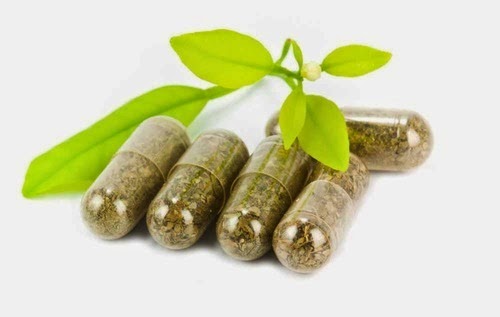
Shatavari- The wonder drug for women
 Every woman undergoes a series of hormonal interplay through her life time. The stages of transition from puberty to adulthood to motherhood to menopause and old age present before her various physical and emotional challenges.
Every woman undergoes a series of hormonal interplay through her life time. The stages of transition from puberty to adulthood to motherhood to menopause and old age present before her various physical and emotional challenges.
Shatavari is a wonder drug which acts as a friend in need to help women pass through all of these phases with grace. It has the capability to balance out all hormonal imbalances and maintain harmony in her body. It is considered as the women’s equivalent to Aswagandha, being the best known rejuvenator of female reproductive system.
Satavari or Asparagus is a tall climbing undershrub which is extensively used for its tonic, immunomodulatory, galactogogue and other properties.
Medicinal properties and uses:
- Satavari is sweet and bitter in taste and cold in its potency.
- It is a very potent aphrodisiac for women and the best rejuvenator of the reproductive system.
- Promotes breast milk production in nursing mothers. Satavari root is ground with milk and taken for this purpose.
- Treats PMS (pre-menstrual syndrome) by reducing pain and normalising the menstruation.
- Is consumed with milk for treatment in diarrhoea.
- Benefits male and female sexual dysfunction and reproductive problems.
- Works miracles in infertility
- Effective in treating uterine bleeding, diarrhoea, stomack spasms, ulcers, fluid retention, anxiety, dementia etc.
- Reduces menopausal problems like hot flushes, hyper acidity etc.
- Regular usage prevents ageing process
- Provides nourishment to lean and malnourished patients, improves digestion, is good for the eyes, improves immunity etc.
- Ghee prepared with Satavari and Nagabala is very effective for cough.
Some important formulations are :
- Satavari Gulam
- Satavari Ghrtam
- Satavari Mandura
- Valiya Narayana Tailam etc.
Chemical constituents :
- Roots – Sarsasapogenin; two spirostanolic and two furostanolic sponins; sitosterol, asparagamine A.
- Fruits – Beta Sitosterol, sarsasapogenin, diosenin, asparamins A and B
- Leaves – flavonoids, rutin.
